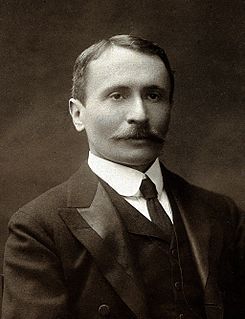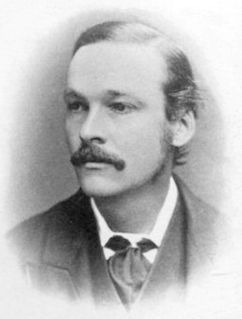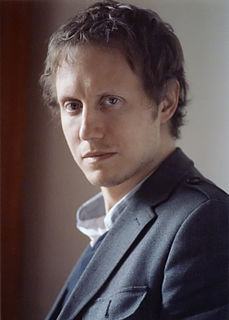A Quote by Viktor E. Frankl
When I was taken to the concentration camp of Auschwitz, a manuscript of mine ready for publication was confiscated. Certainly, my deep desire to write this manuscript anew helped me to survive the rigors of the camps I was in.
Related Quotes
In the night ride across the Wular lake a small storm made me worry for the safety of my manuscript (Rajatarangini). It seemed as if the goddess of wisdom - Sharada, represented by waters of Kashmir, was unwilling to let me abduct the manuscript. This is what happened 1200 years ago to the Chinese pilgrim Hiuen-Tsang, who had to leave his Sanskrit manuscript in the angry Indus River.
The American and the British armies liberated camps, there wasn't a single order of the day: Let's go and liberate the camp. They stumbled upon the camps. Same thing with the Russians, I asked the Colonel who liberated Auschwitz, they didn't, there wasn't a priority. But I feel that that was a mistake, it was a sin because they could have saved so many people and they didn't.
When Sondheim was visiting the Library of Congress, where the manuscript of 'Porgy and Bess' is housed, he was so overcome with emotion while holding the score in his hands that he shed a tear. He shed several tears, but one of the tears actually fell onto the original manuscript. And he was horrified.
To a student: Dear Miss - I have read about sixteen pages of your manuscript . . . I suffered exactly the same treatment at the hands of my teachers who disliked me for my independence and passed over me when they wanted assistants. . . . Keep your manuscript for your sons and daughters, in order that they may derive consolation from it and not give a damn for what their teachers tell them or think of them. . . . There is too much education altogether.
Marion Zimmer Bradley took apart my first submission to her, covered the manuscript in red ink revisions, and told me to try her again. I had never been so reeling with authorial joy as I had been that day, holding Marion's letter and seeing that ravaged manuscript - finally, it meant that someone cared!
... the embryological record, as it is usually presented to us, is both imperfect and misleading. It may be compared to an ancient manuscript, with many of the sheets lost, others displaced, and with spurious passages interpolated by a later hand. ... Like the scholar with his manuscript, the embryologist has by a process of careful and critical examination to determine where the gaps are present, to detect the later insertions, and to place in order what has been misplaced.






































